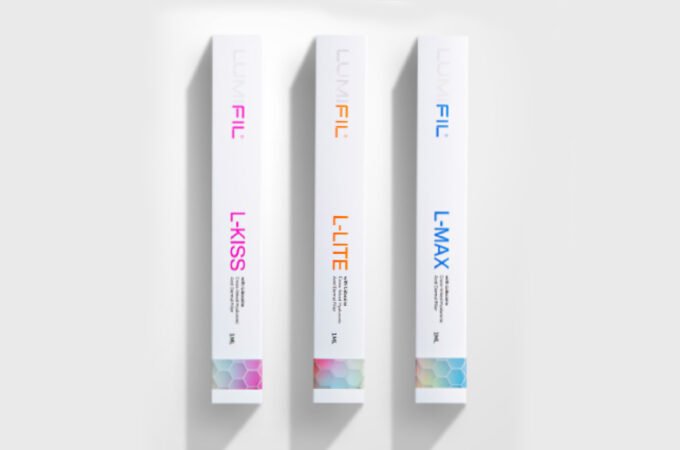
How to Overcome Dental Anxiety: Tips for a Stress-Free Visit
Understanding Dental Anxiety and Its Impact
For many people, the mere thought of a dental appointment triggers feelings of stress, fear, or even panic. Dental anxiety is a common issue affecting both children and adults, often leading to avoidance of necessary treatments. Unfortunately, neglecting oral health can result in more severe dental problems, reinforcing the fear cycle.
Addressing dental anxiety is essential for maintaining good oral health and ensuring visits to the dentist are as stress-free as possible. With modern advancements in dentistry, overcoming this fear is more achievable than ever.
Common Causes of Fear at the Dentist
Understanding the root cause of dental anxiety can help in finding the right solutions to overcome it. Some of the most common triggers include:
- Fear of Pain – Often stemming from past negative experiences or stories from others, the fear of discomfort is a major reason people avoid the dentist.
- Loss of Control – Lying back in a chair while someone works inside your mouth can create feelings of helplessness and vulnerability.
- Embarrassment – Worrying about the state of one’s teeth or bad breath can make some individuals anxious about being judged.
- Sounds and Sensations – The noise of drills and the feeling of dental instruments can be overwhelming for some patients.
- Fear of Needles or Numbing Sensation – Many people have a phobia of needles or dislike the sensation of numbness after receiving local anaesthesia.
Recognising these fears is the first step toward overcoming them and making dental visits a more positive experience.

How Modern Dentistry Makes Visits More Comfortable
Dentistry has come a long way, with advancements in technology and techniques ensuring a more comfortable experience for patients.
Pain-Free Techniques and Technology
- Laser Dentistry – Reduces discomfort by minimising the need for drilling.
- Air Abrasion – A quieter, less invasive alternative to traditional drills for treating minor cavities.
- Computer-Guided Anaesthesia – Ensures precise and virtually painless numbing.
Many dentists now focus on gentle, patient-centred care, prioritising comfort throughout the visit.
Sedation Options for Nervous Patients
For those with severe dental anxiety, sedation dentistry offers a solution to help them relax. Options include:
- Nitrous Oxide (Laughing Gas) – Helps patients feel calm while remaining conscious.
- Oral Sedation – A prescribed pill taken before the appointment to reduce anxiety.
- IV Sedation – For those with extreme fear, this allows for deeper relaxation under professional supervision.
Discussing sedation options with your dentist can help you feel more at ease before your visit.
Practical Tips for Reducing Anxiety Before Your Appointment
Taking steps to prepare mentally and emotionally before a dental visit can significantly reduce anxiety levels.
Choosing the Right Dentist
Finding a dentist who understands and accommodates anxious patients is crucial. A practice with a welcoming atmosphere and a compassionate approach can make all the difference. Some dentists even specialise in treating nervous patients, offering extra reassurance.
Breathing and Relaxation Techniques
Practising controlled breathing can help manage stress before and during a dental visit:
- Deep Breathing – Inhale deeply through your nose, hold for a few seconds, and exhale slowly through your mouth.
- Progressive Muscle Relaxation – Tense and relax different muscle groups to reduce overall tension.
Using these techniques while waiting for your appointment can help keep anxiety at bay.
The Role of Distractions and Comfort Measures
Many dental practices provide entertainment options such as music, TV, or virtual reality headsets to distract patients during treatment. Bringing noise-cancelling headphones or listening to a favourite podcast can also help shift focus away from the procedure.
Other comfort measures include:
- Bringing a friend or family member for support.
- Using a weighted blanket for added relaxation.
- Holding a stress ball or fidget item to keep hands occupied.
How to Communicate Your Fears with Your Dentist
Being open about dental anxiety with your dentist can make a significant difference in your experience. Most dentists are trained to help nervous patients and can adapt their approach to your needs.
Ways to effectively communicate include:
- Letting the receptionist know about your anxiety when booking the appointment.
- Discussing your specific fears with your dentist before treatment begins.
- Establishing a signal (such as raising your hand) to indicate when you need a break.
By having a conversation beforehand, your dentist can tailor their approach to ensure you feel safe and comfortable.

Building Confidence Through Positive Dental Experiences
Overcoming dental anxiety is a gradual process, and building positive experiences plays a crucial role. Start with smaller, less invasive visits such as a simple check-up or cleaning before progressing to more extensive procedures.
Regular visits also help reinforce the idea that the dentist’s chair doesn’t have to be a place of fear. When each appointment is met with patience and understanding, anxiety gradually diminishes, making future visits far easier.
A Brighter Future: Making Dental Visits a Positive Habit
Overcoming dental anxiety isn’t just about getting through one appointment—it’s about transforming the entire experience into something positive. With the right mindset, dentist, and coping strategies, you can take control of your oral health without fear holding you back.
A stress-free dental visit isn’t just a dream—it’s entirely possible with the right approach. By focusing on comfort, communication, and modern advancements, you can break the cycle of fear and step into every appointment with confidence.
If you’ve been avoiding the dentist due to anxiety, now is the perfect time to take the first step. With compassionate care from professionals like Purley Dentist, Confidental, a stress-free and comfortable dental visit is within reach.




